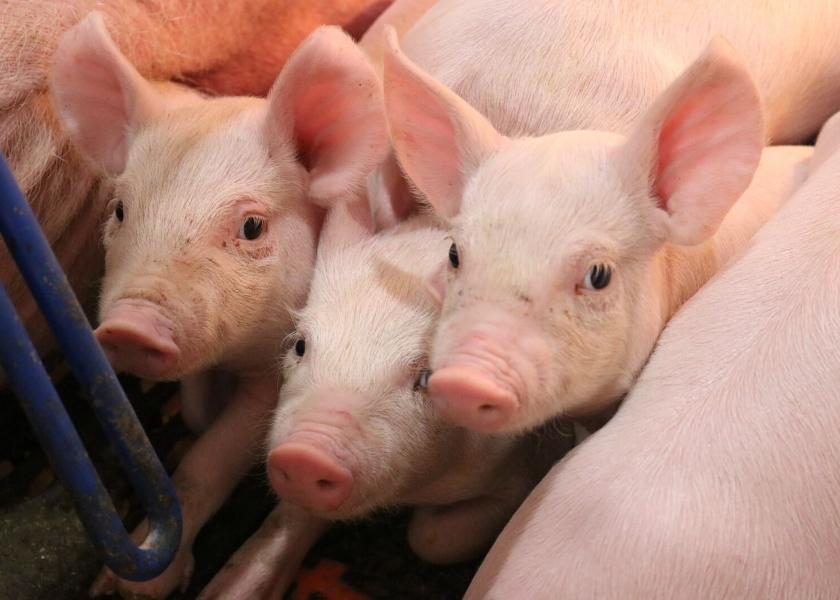Pork Industry Releases New Sustainability Report

Source: National Pork Board
The pork industry released its new sustainability report, Commit and Improve: Pig Farmers’ Approach to Sustainability, and updated website, porkcares.org. The report and website share firsthand accounts and data supporting pig farmers’ progress toward sustainability through the We CareSM ethical principles.
“As pig farmers, we are committed to producing safe food, protecting the environment and caring for our pigs by following the six We Care ethical principles,” said David Newman, president of the National Pork Board and a pig farmer representing Arkansas. “These new resources were developed to share relevant information and metrics and to lay a foundation for continuous improvement in the area of sustainability.”
The new report demonstrates the progress pig farmers have made toward the We Care ethical principles of: Food Safety, Animal Well-Being, the Environment, Public Health, Our People and Communities Data for the report was gathered from governmental agencies, the pork industry’s life cycle assessment and pig farmers from across the country. Highlights that demonstrate the pork industry’s commitment to the We Care principles include:
• According to the Environmental Protection Agency (EPA), pork production contributes just 0.46% of U.S. greenhouse gas emissions to the atmosphere.1
• More than 71,000 individuals are Pork Quality Assurance® Plus (PQA® Plus) certified, representing roughly 85% of U.S. pork production.2
• The pork value chain has come together to develop and use the Common Swine Industry Audit, which is certified by the Professional Animal Auditor Certification Organization.3
• The most recent life-cycle assessment, A Retrospective of U.S. Pork Production, shows a significant reduction in the use of natural resources during the past 55 years. Per pound of pork produced, U.S. pork producers have reduced land use by 76%, water use by 25%, energy use by 7% and their carbon footprint by more than 7%.4
• More than 94% of pig farms keep detailed medical and treatment records, which shows pig farmers’ commitment to responsible antibiotic use.5
• In 2018, pig farmers donated 3.2 million servings of food, volunteered more than 54,000 hours and donated more than $5.5 million to local charities.6
“The findings in the sustainability report and on porkcares.org not only illustrate our commitment to ethical and sustainable practices, but also show our commitment to transparency as an industry,” said Brett Kaysen, assistant vice president of sustainability for the Pork Checkoff. “We look forward to sharing this powerful story and our continued progress with the global pork supply chain and with consumers around the world.”
The report can be downloaded at porkcares.org.
1 U.S. Environmental Protection Agency (EPA), 2019
2 National Pork Board
3 National Pork Board
4 Retrospective Analysis of US Pork Production from 1960 to 2015, Using LCA
5 National Pork Board
6 National Pork Board
More from Farm Journal's PORK:
Two-Headed Consumer Demands Change from Farmers, Food Companies
Consumers Speak Up: Sustainable Farmers Wanted
The Menu Disconnect: Where's the Pork?







